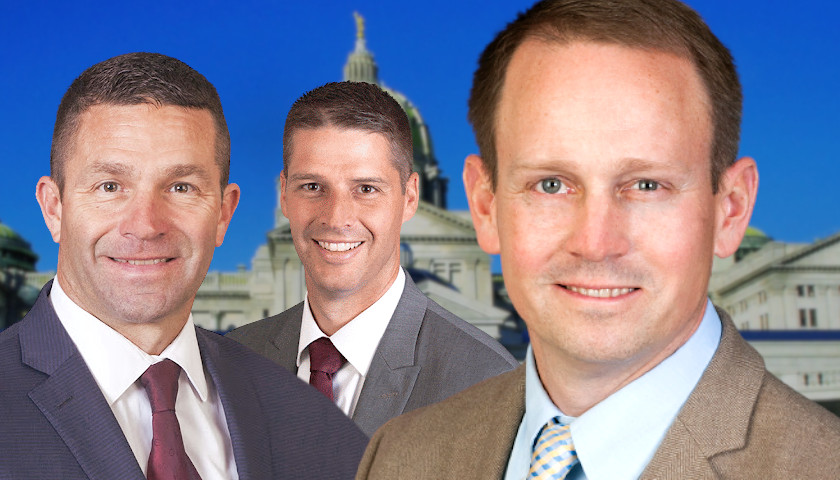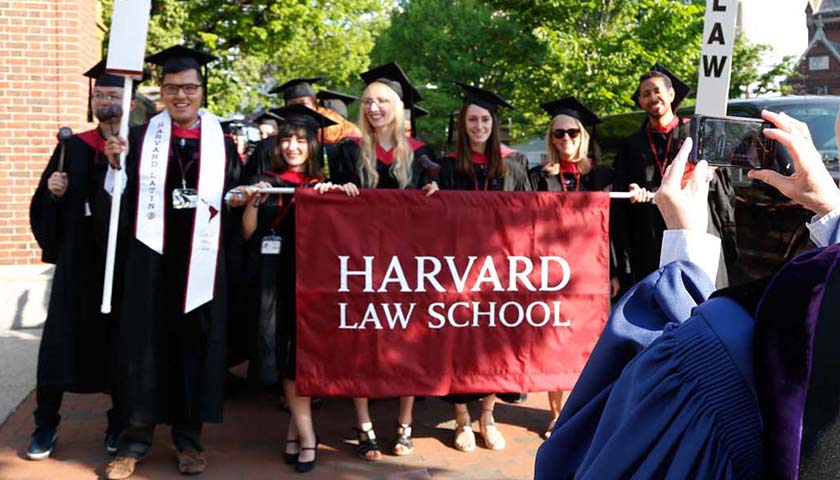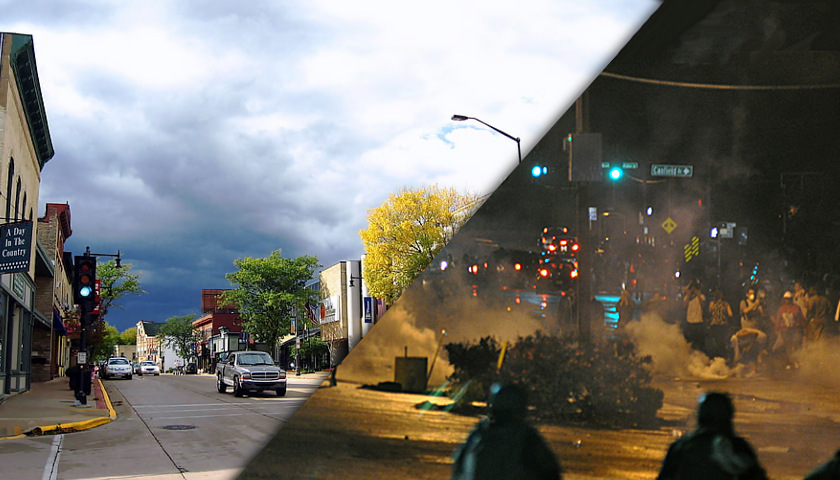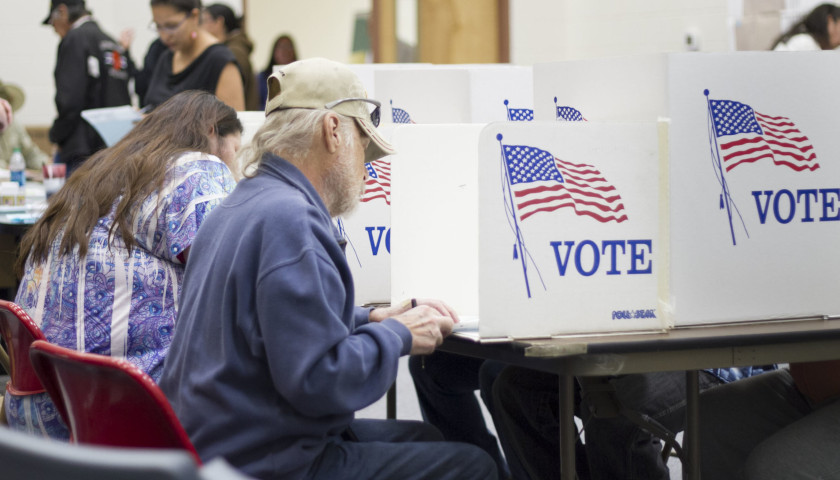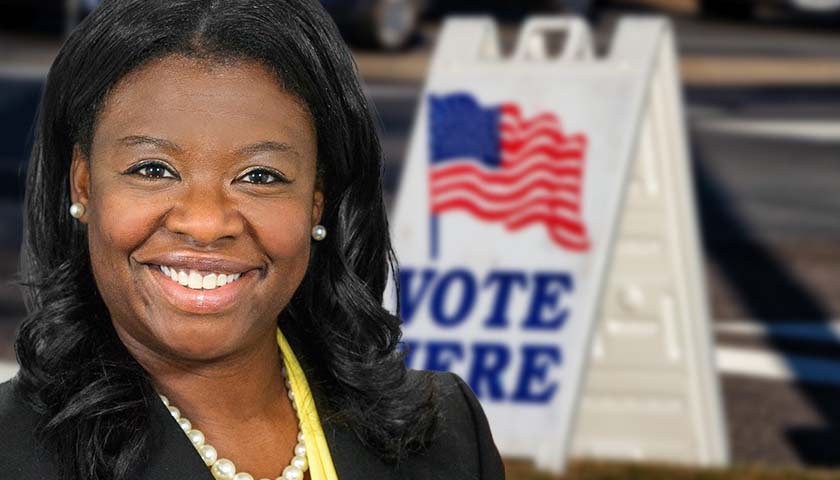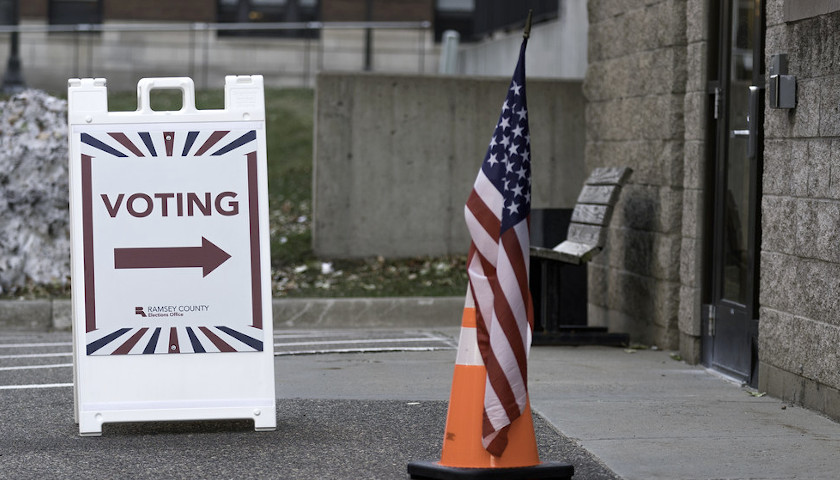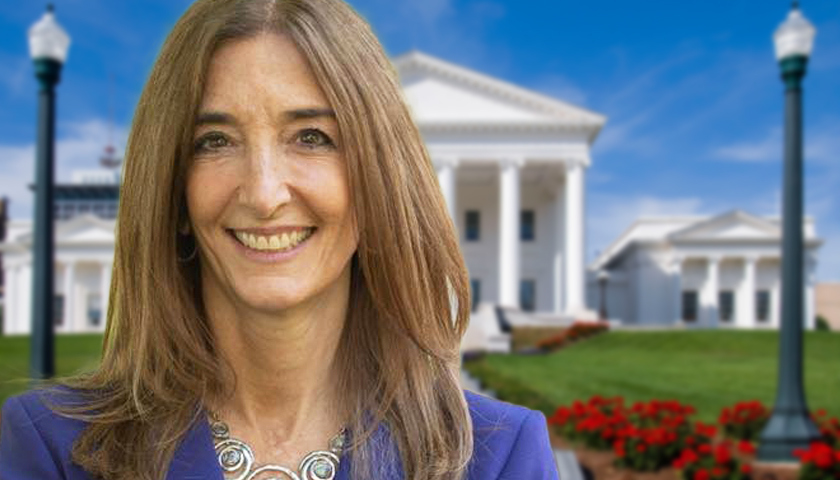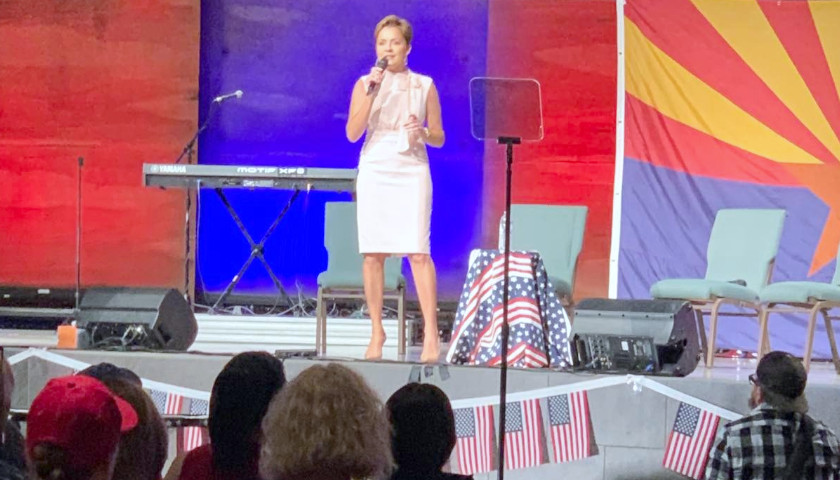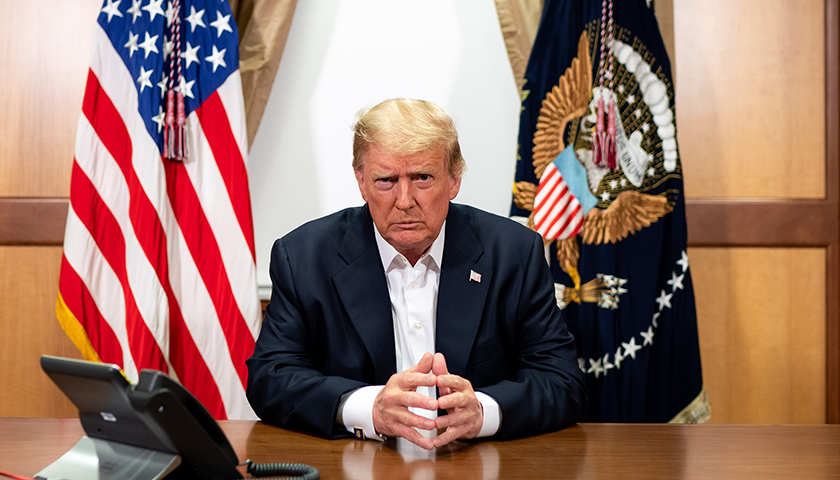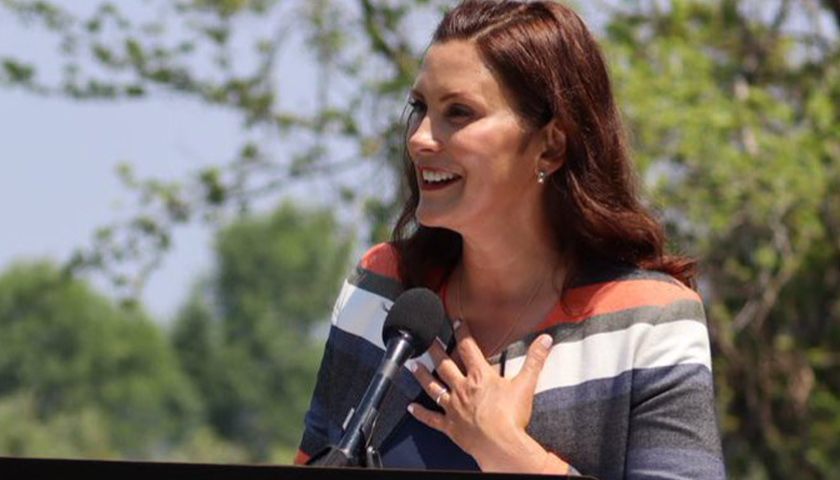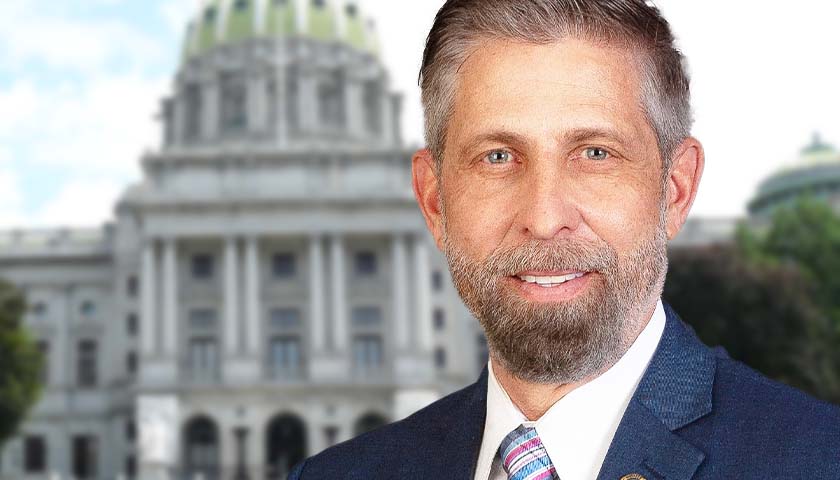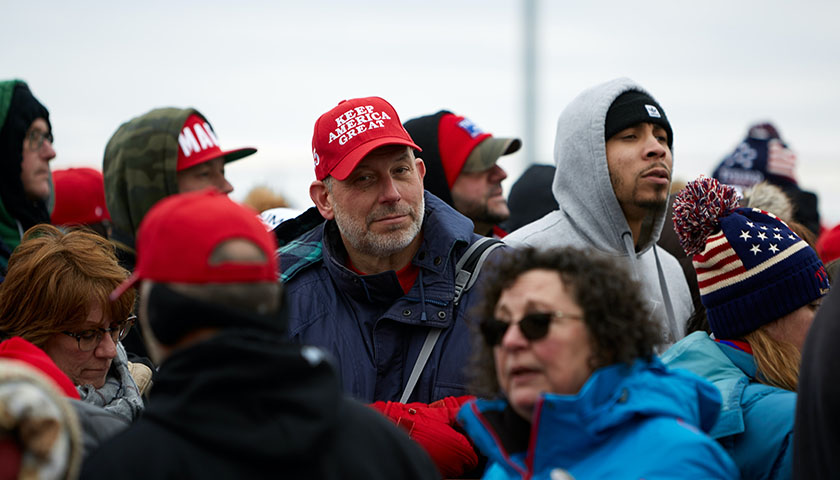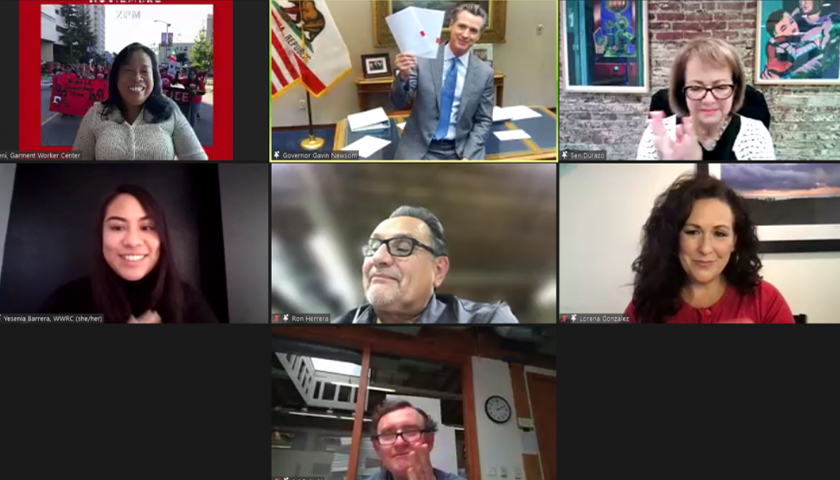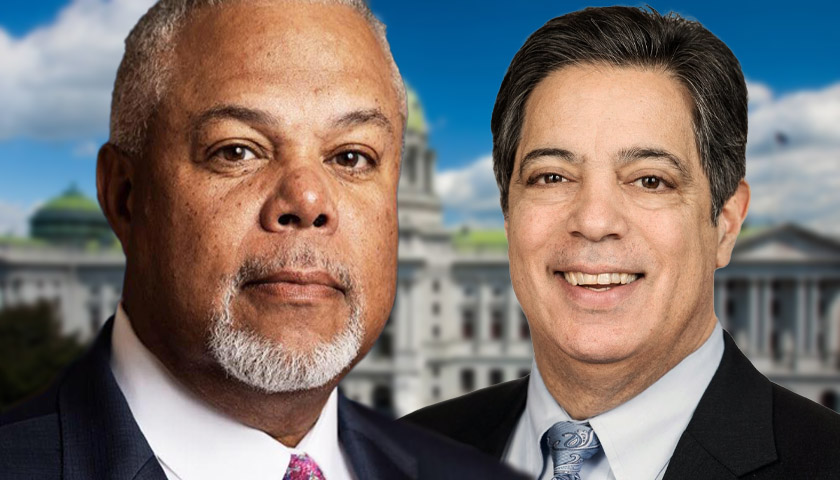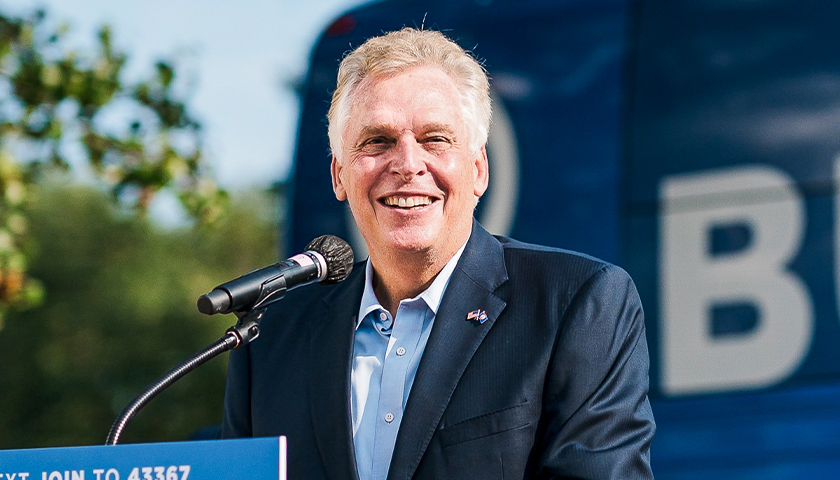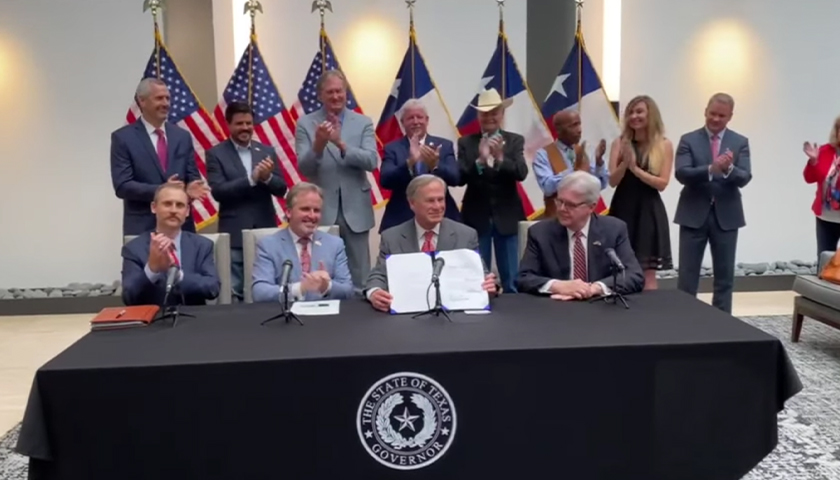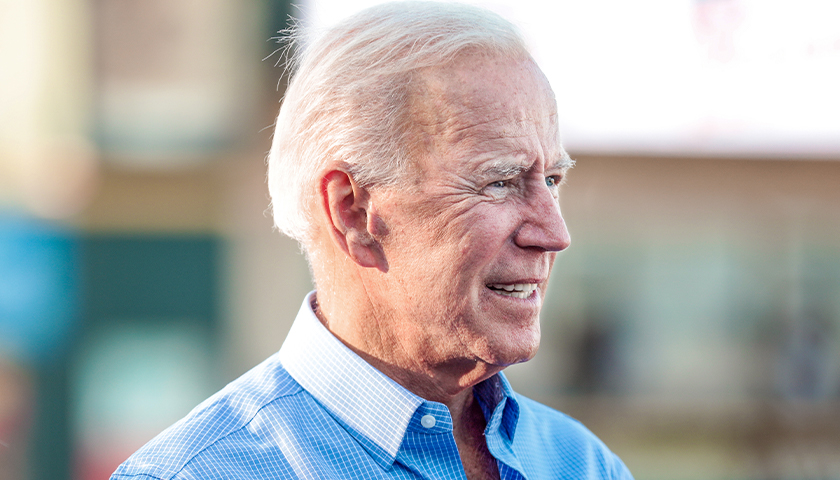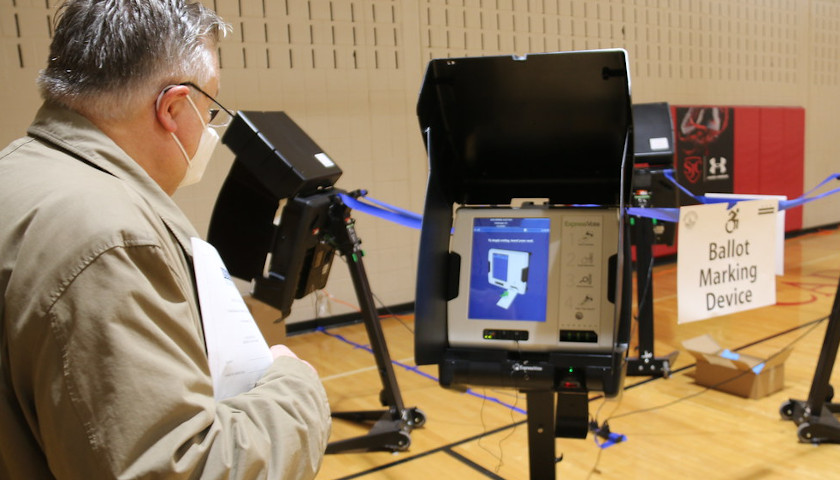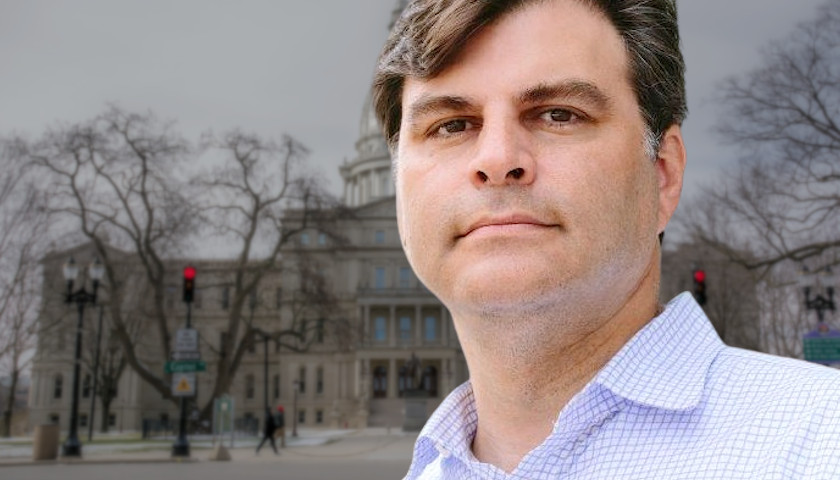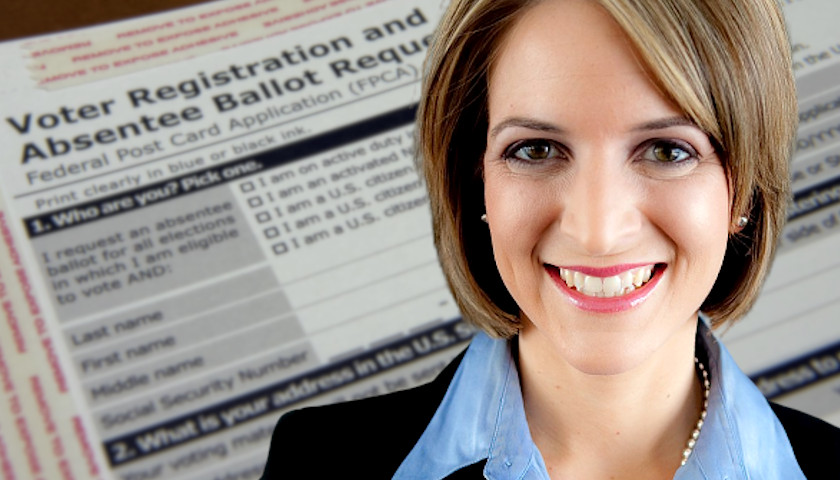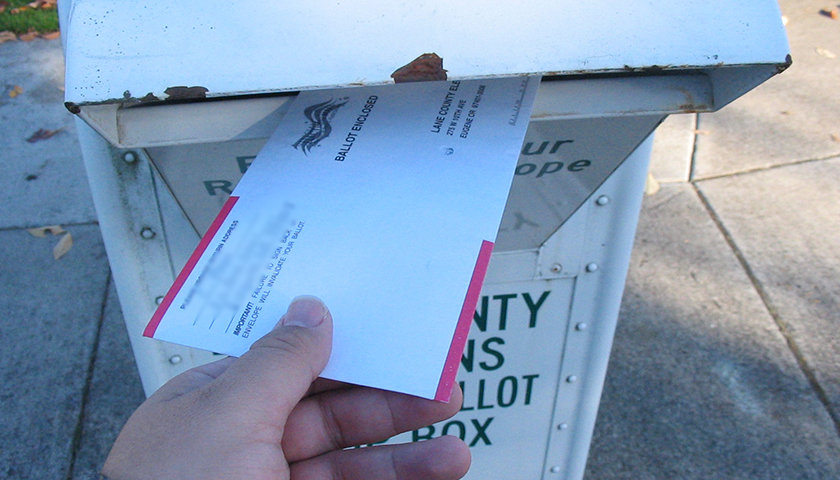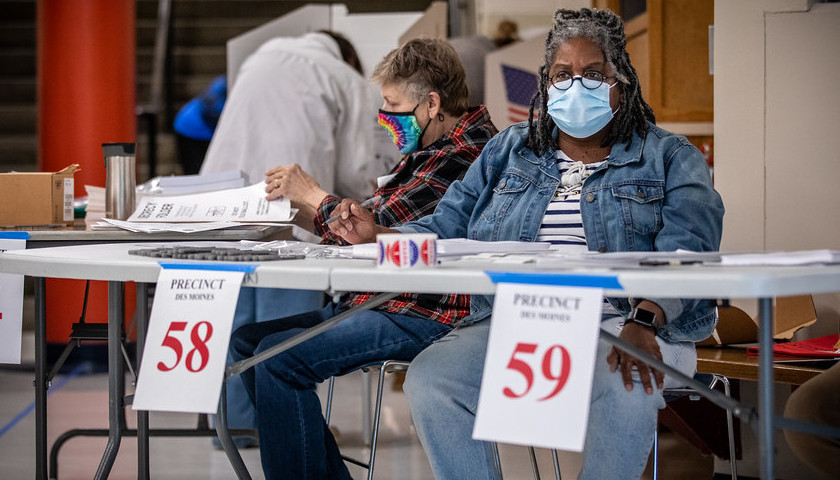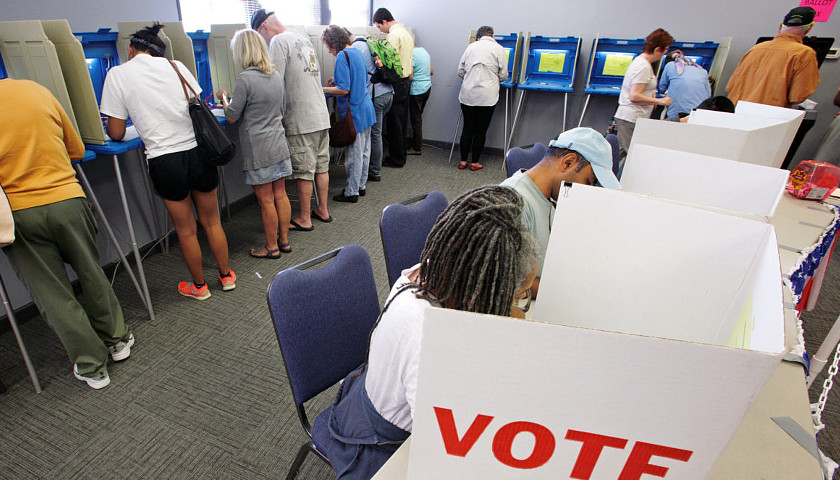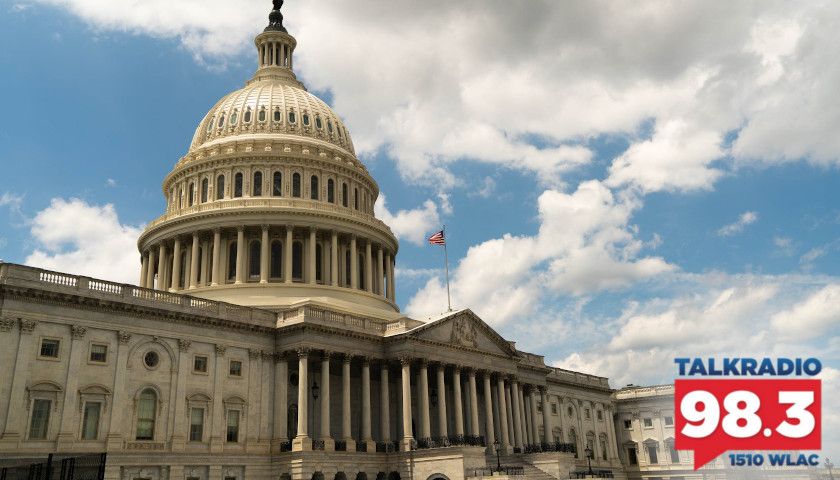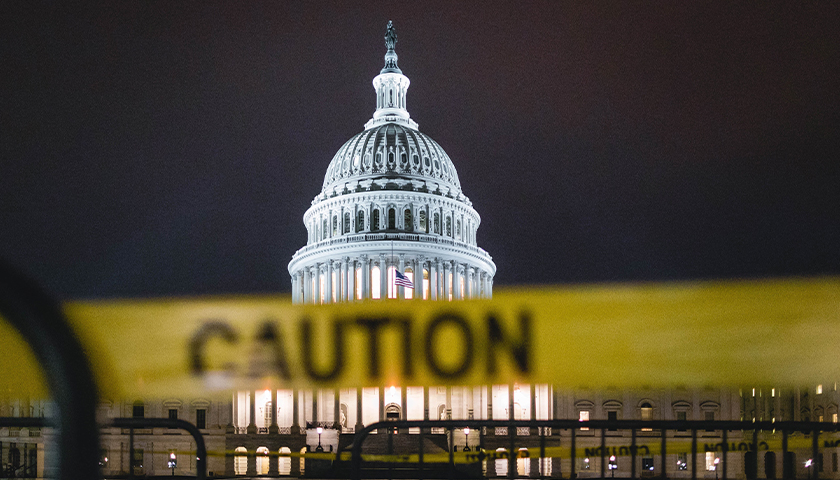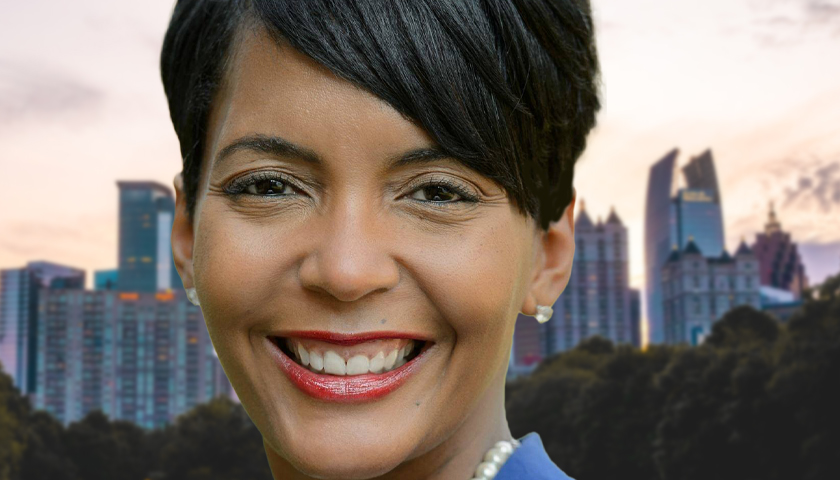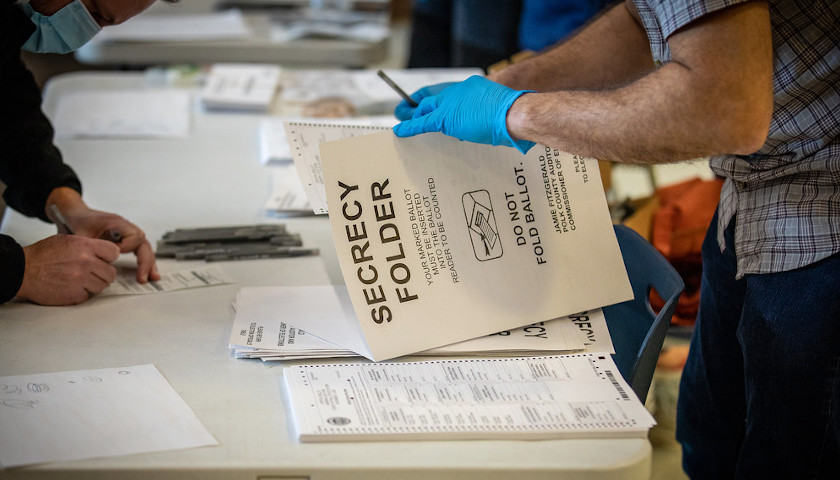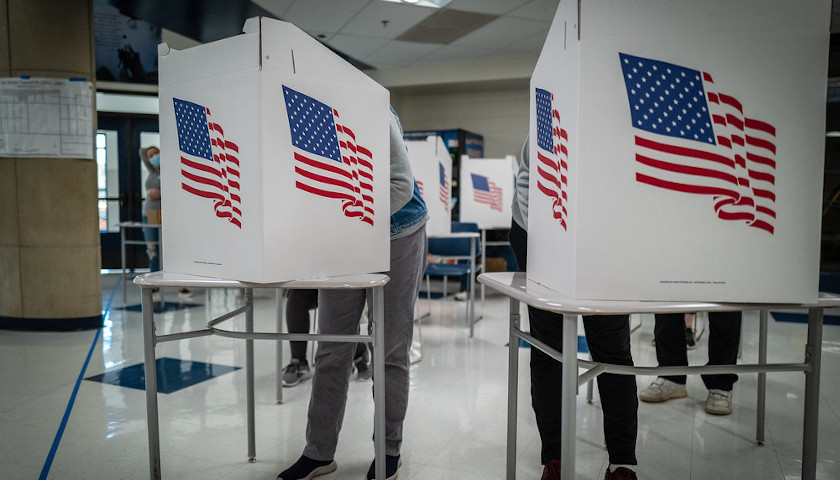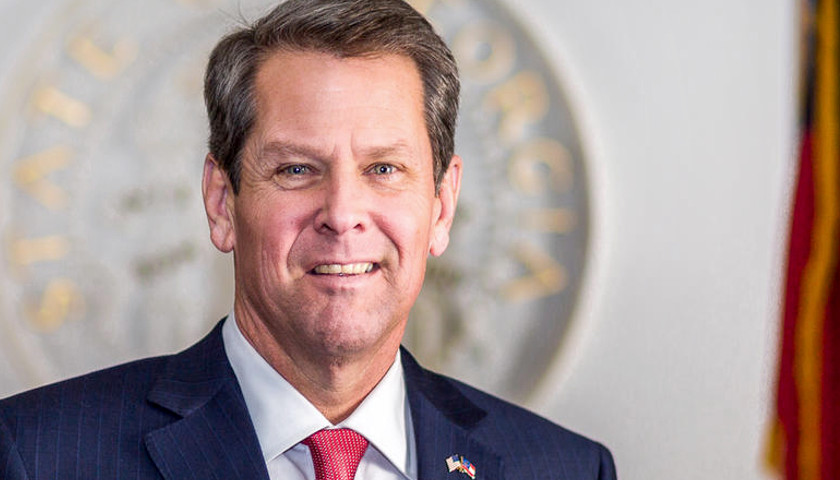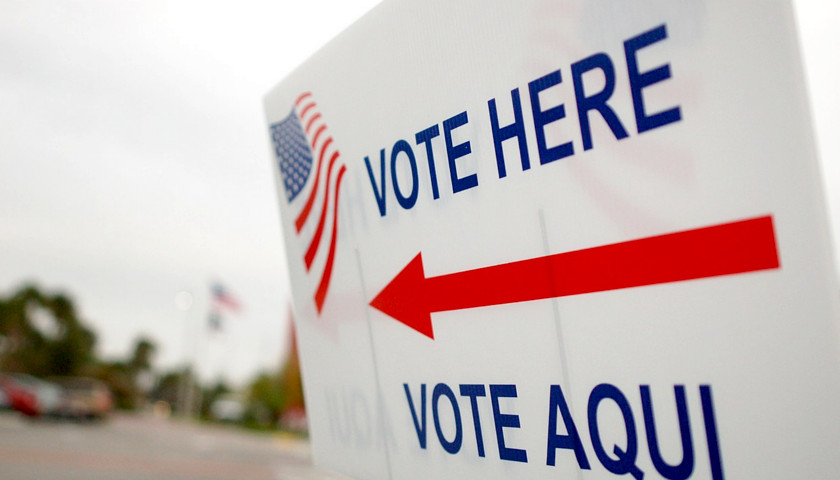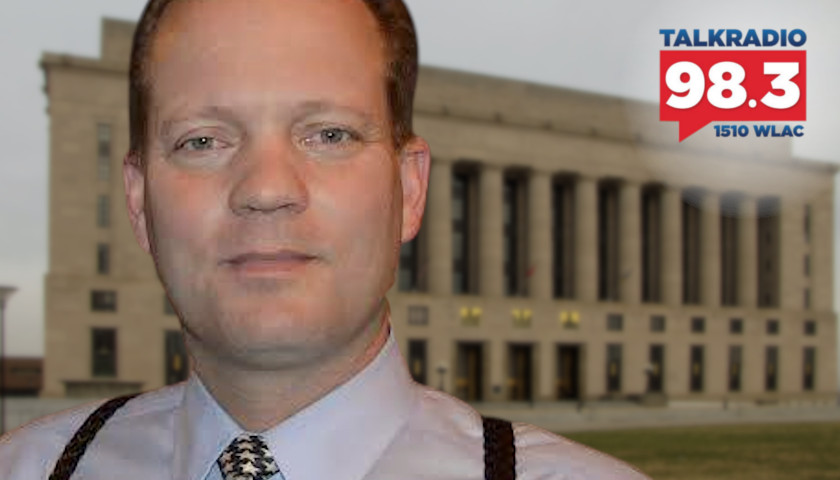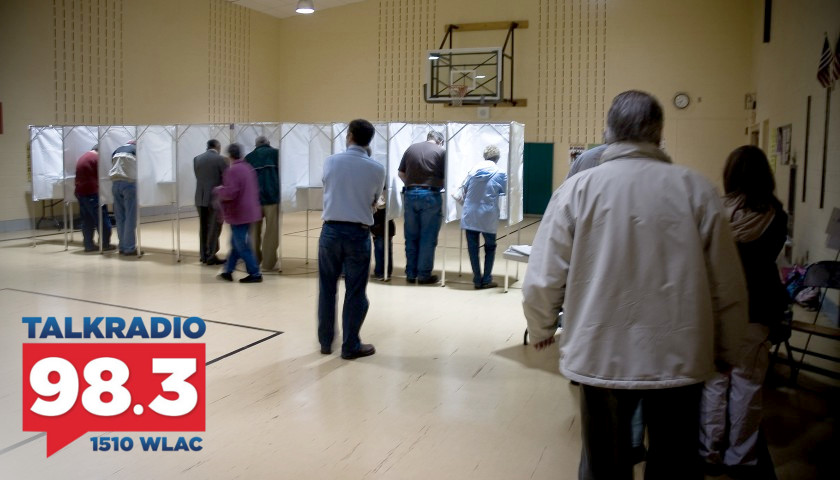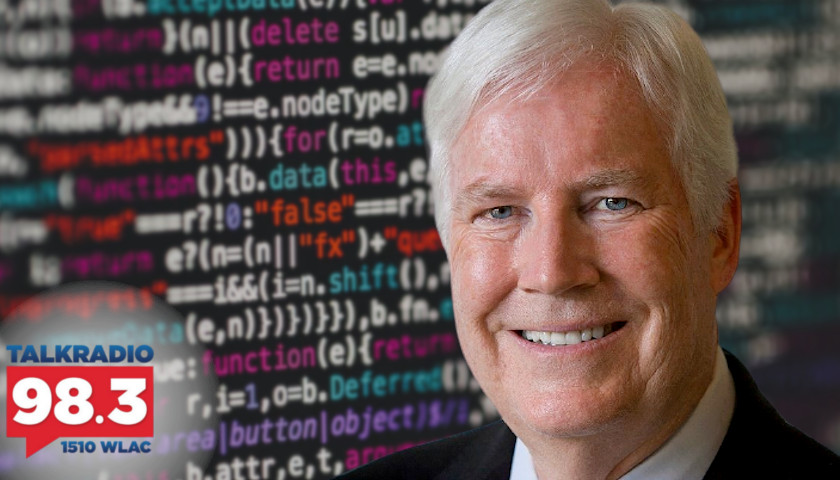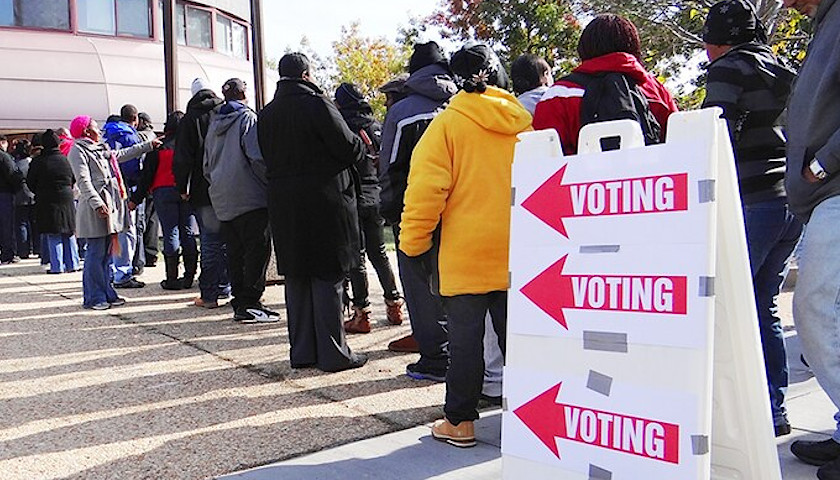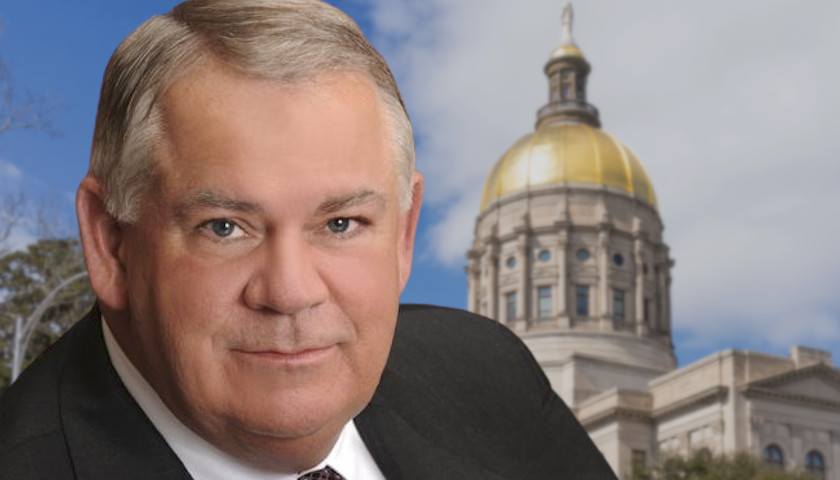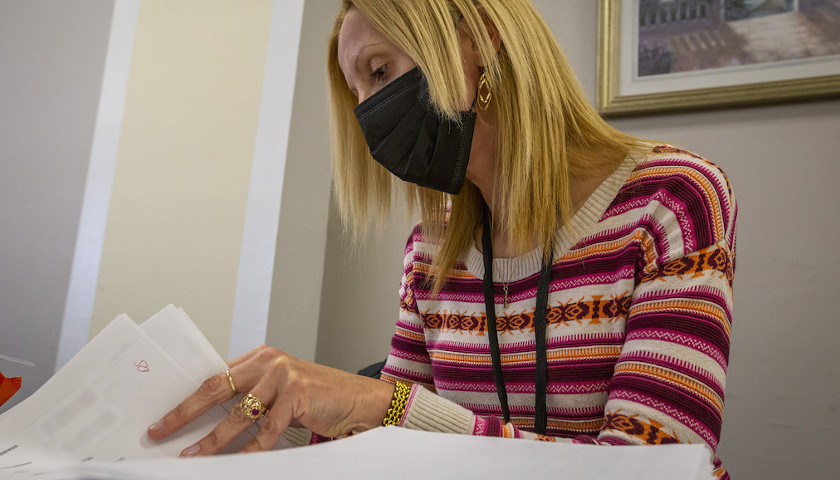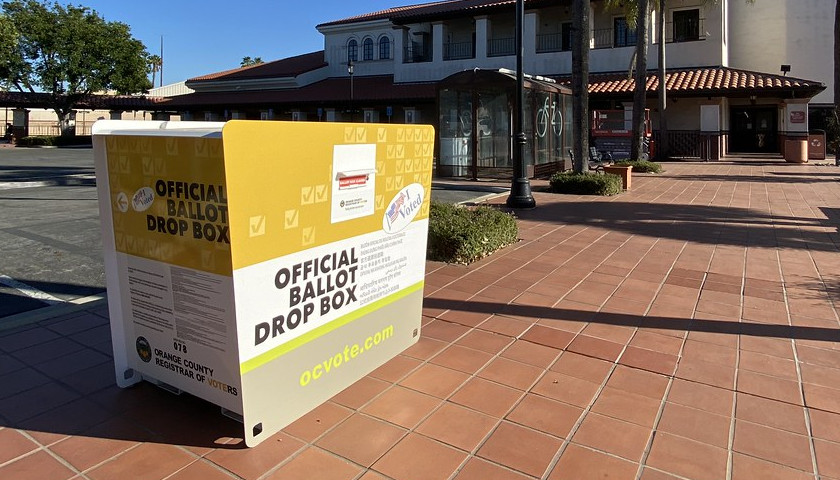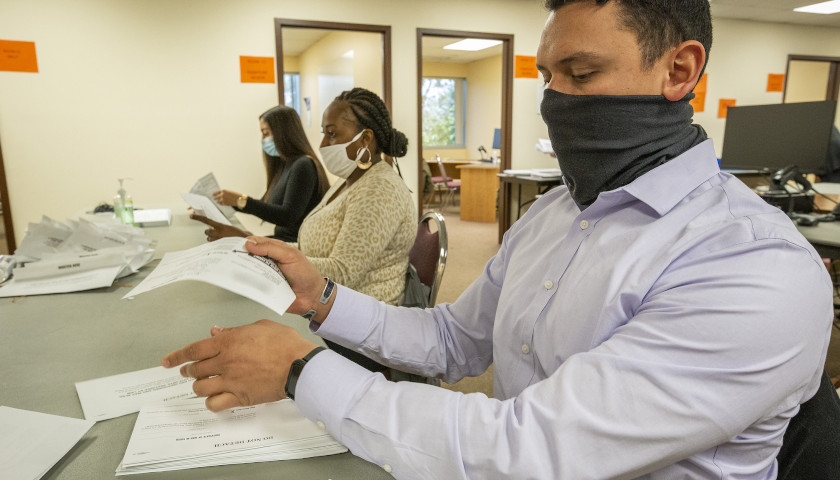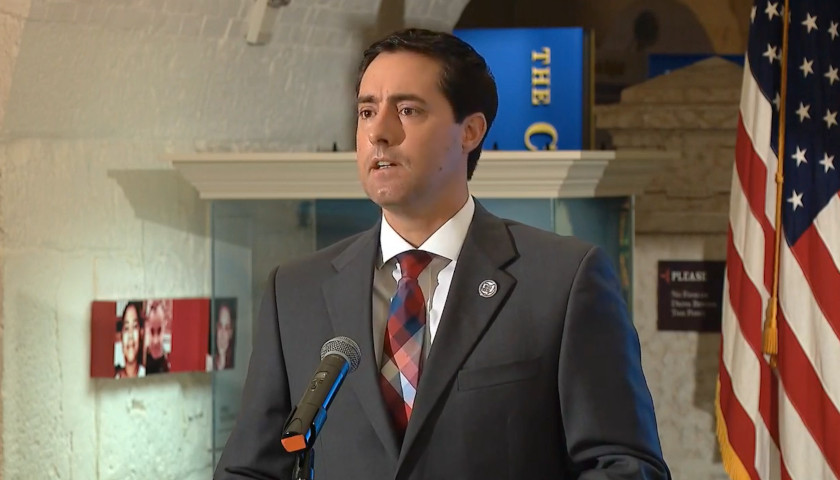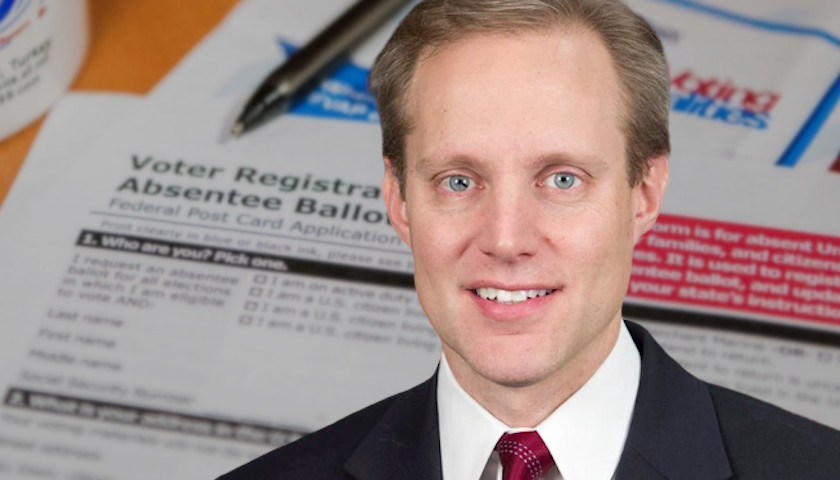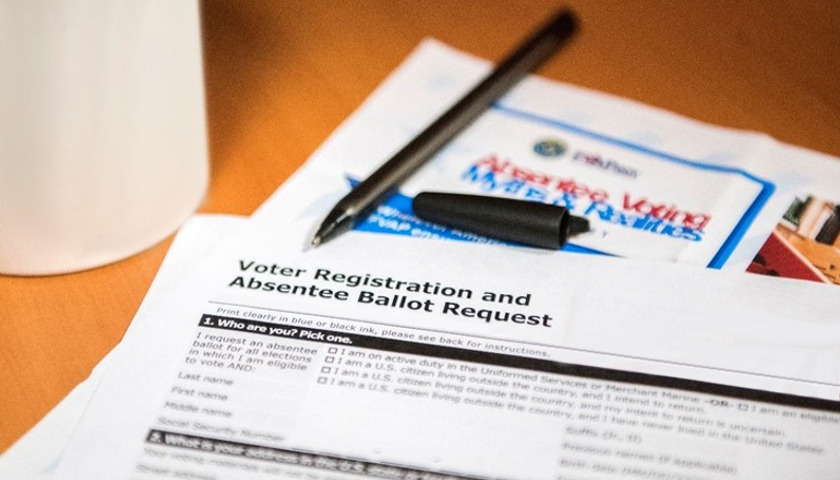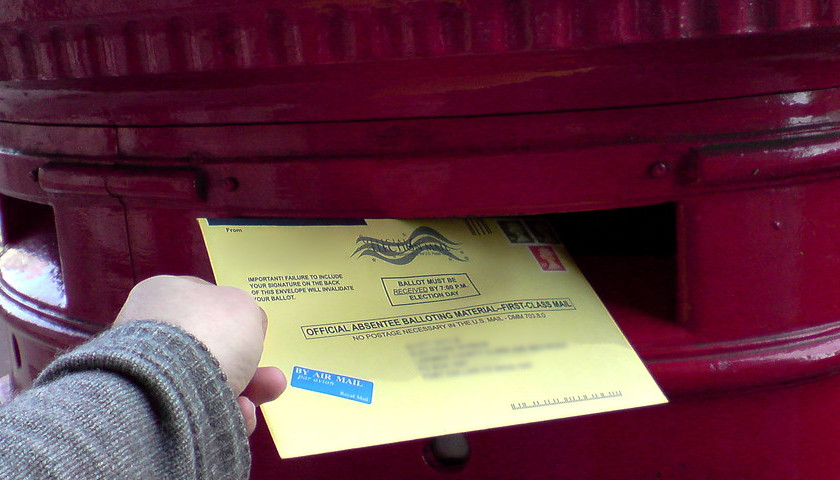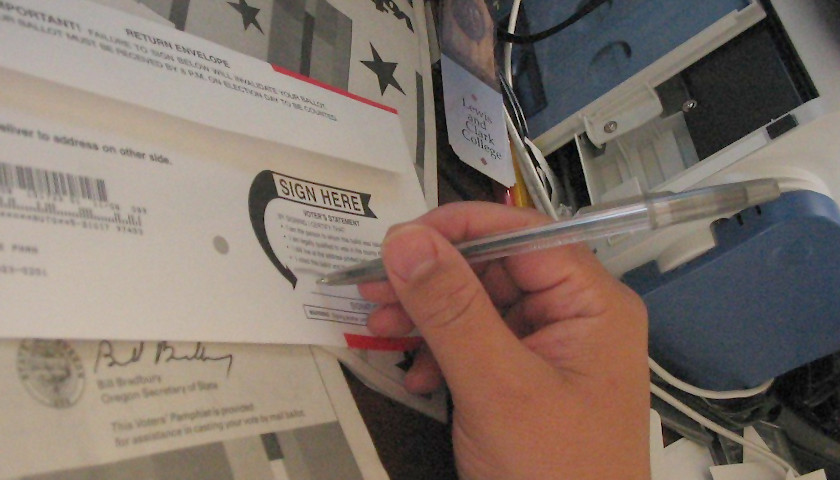Things stopped working in this country about 50 years ago. But it wasn’t really noticeable until a few decades later. I like to date the beginning of the decay to the summer of 1969, though it’s impossible to put a precise date on it. Still, the summer of 1969 was an inflection point much more important than 1967’s “Summer of Love.”
Consider: On July 20, 1969, Apollo XI landed on the moon and 39 minutes later, on July 21, Neil Armstrong became the first man to stand on its surface. A few weeks later, on the night of August 8, the Manson family broke into Roman Polanski’s Hollywood Hills home and murdered his pregnant wife, Sharon Tate, their unborn baby, and three friends who were at the house. The following Friday, August 15, the Woodstock music festival began in upstate New York. A good argument could be made that Woodstock was the culmination of the ’60s, but in reality, the ’60s had ended a week earlier. Woodstock wasn’t the final flowering, it was an aftershock.
This isn’t the time for a full exploration of the summer of ’69 (look out for that in the future), but it’s worth noting that a lot changed after that. Things had already peaked. For example, the two fastest ever commercial aircraft had both flown for the first time earlier in 1969; the 747 in February and the Concorde in March. In fact, the average speed of commercial air travel has been declining ever since. (Though that may be changing for the better.) Then, in the early 1970s, the median real wages of American workers entered a period of extended stagnation characterized by exceptionally low growth which made it impossible for the average person (who, by the way, is not an entrepreneur) to get ahead. It’s still true today, which is why so many families require two incomes if they want to remain in the middle class.
Read the full story

